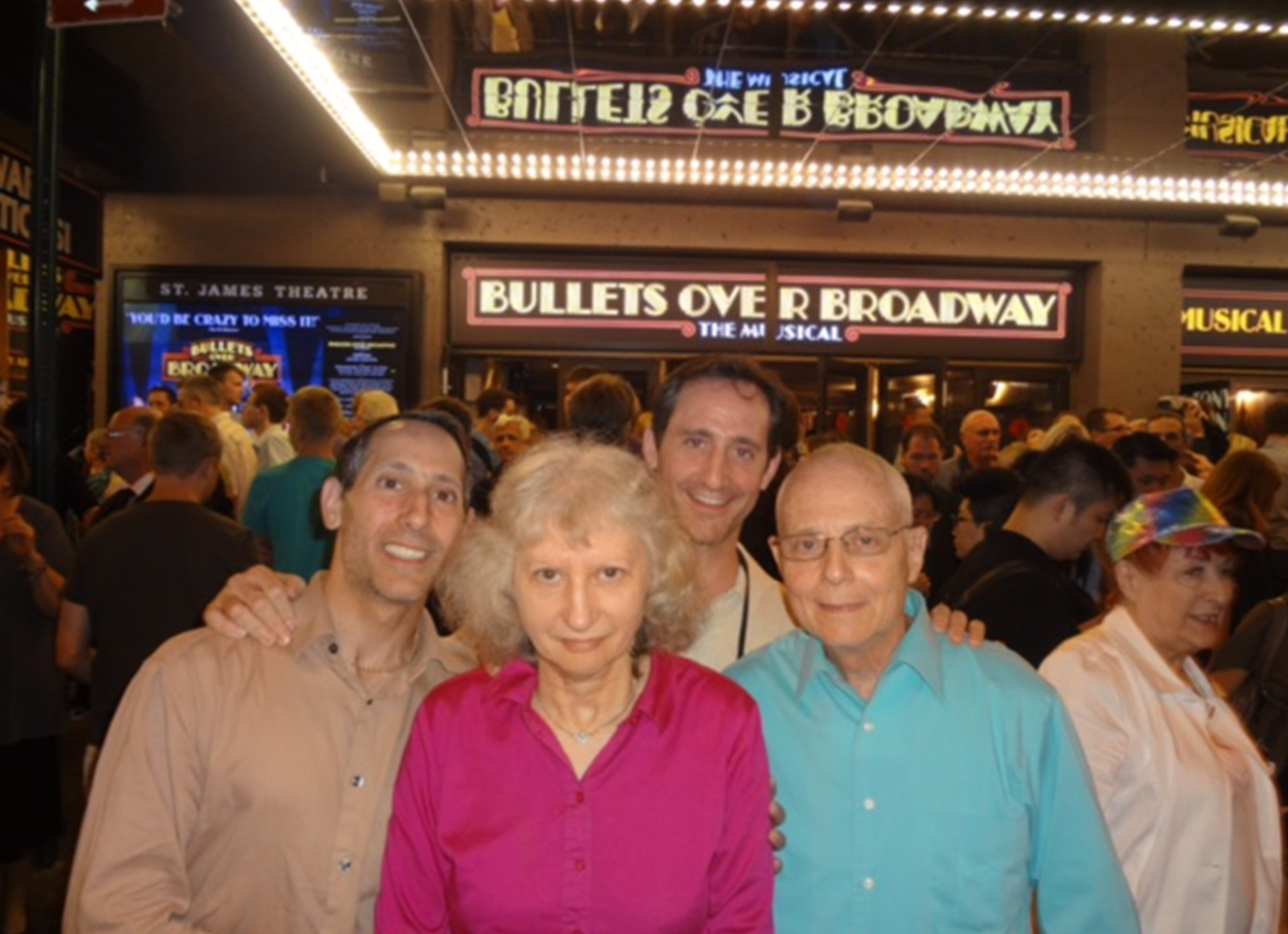
A mother's voice is the first thing we hear from the time we exit the womb. And its the voice we continue to hear throughout our lives. We model our mother's voice when we first learn to talk. The same voice guides us as we begin to walk. It warns you of potential harm and radiates warmth when you need consolation.
The sound of a mother's voice is often more powerful than the spoken words themselves. Just the utterance of your name and her intonation can be the stark difference between "I'm proud of you" and "I'm furious with you." And it doesn't take long to recognize the difference.
As we mature, our mothers' voices garner such influence that we begin to hear them in our heads prior to making key life decisions. How many times have we consciously or subconsciously thought, "what would my mother say?" And all this prior to going final on the selection of a spouse, a car, a house, or a child's name. It's subtle, but it's always there.
It's because this voice commands such power, that it's even more devastating when Alzheimer's disease quiets it. Or silences it completely.
I have this with my mother. The first sign of a problem was during phone conversations. She was never a phone person, but she always knew just what to ask. She had a great memory and her questions were pointed and current. And then one day, it all changed. Her questions became minimal, and she stopped answering mine.
To keep the conversations going, I would focus on her love of movies and ask what she had seen lately. I used to get the name of the film, all the actors names, and a complete plot line. I didn't need to see the film afterwards, but that was alright with me. Because now, her voice is reduced to simply telling me that she saw a movie. And that she liked it.
Before completely giving up phone conversations, I had one more idea. I thought that seeing my face could stimulate more talking. I bought her an iPad mini and showed her FaceTime. It generated a few laughs, especially when she saw herself. But it was too complicated for her to use. I wished there was an app for dementia.
The absence of my mother's voice is very sad for the entire family. She can hear our conversations, but she remains unable to respond with more than one word answers. Sometimes she's reduced to merely repeating what she just heard. Several family members can no longer remember the way my mother sounded, or the way she interacted. Memory is a complex matter, even for those that don't suffer from brain disorders.
I haven't forgotten the way my mother used to be. But it gets more difficult as time goes by. And it's more pronounced on Mother's Day. This is a day only about her. A day where she isn't alone and is surrounded by the people she loves. We'd spend Mother's Day showering her with presents, and catching up over dinner. Now, she spends dinner in near silence; her memories locked away in an impenetrable box.
I'm going to spend this Mother's Day remembering. Remembering what her voice used to sound like, and treasuring the warmth it used to bring. I'm also going to remember that there is hope. There are new and promising drugs on the horizon that will one day help people just like her.
For those in need of remembering your mother's voice on Mother's Day, be your mother's voice.
And let's eradicate Alzheimer's disease. One voice at a time.
This Mother's Day, make a donation in honor of the mother in your life and help us find a treatment and cure for Alzheimer's, a disease with women at its epicenter.
Adam Rowe is a 20-year media sales and marketing professional who has held positions at Telerep, Viacom and AOL/Time Warner. He is currently Director of Media Sales at Time Warner Cable News/NY1.